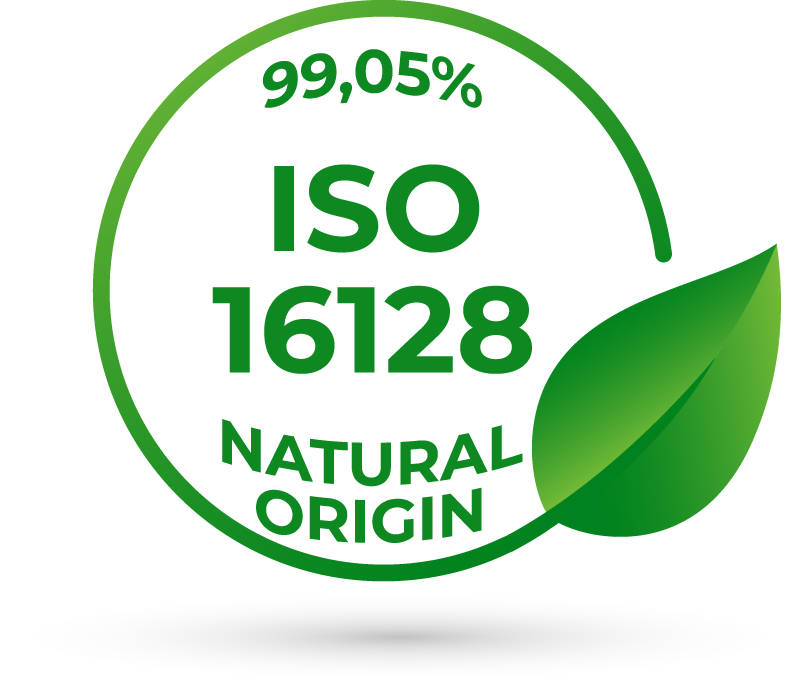Dry mouth: What can I do about dry mouth? Or why the right toothpaste is crucial

Dry mouth and oral hygiene: the right toothpaste for a dry mouth
Dry mouth, also known as xerostomia, is a common problem that affects many people. It is not just an uncomfortable feeling, but a serious health challenge that can have long-term consequences for teeth and gums. A dry mouth can not only be unpleasant, but can also promote the development of tooth decay, gum inflammation and bad breath. Adapted oral hygiene is therefore of the utmost importance, with a special toothpaste playing a key role in alleviating the symptoms of dry mouth and promoting dental health at the same time.
What is dry mouth and how does it develop?
Dry mouth occurs when the salivary glands do not produce enough saliva. Saliva is essential for oral health as it keeps the oral mucosa moist, removes food particles and bacteria, neutralizes acids and supports the remineralization of tooth enamel. A dry mouth lacks these protective functions, which can lead to unpleasant side effects. There are many possible causes of dry mouth:
- Medication: Many medications, including antidepressants, antihistamines, antihypertensives and diuretics, can reduce saliva production and cause dry mouth.
- Age: Older people often suffer from dry mouth, as saliva production often decreases with age.
- Diseases: Diseases such as diabetes, Sjögren’s syndrome and Parkinson’s disease are often associated with dry mouth.
- Lifestyle: Smoking and alcohol consumption contribute to dry mouth and exacerbate the symptoms.
- Dehydration: Insufficient fluid intake also leads to dry mouth.
Why is a dry mouth a problem for dental health?
A dry mouth is more than just unpleasant – it has a significant impact on dental health. Saliva helps to remove food debris and rinse away bacteria. When the mouth is dry, these harmful substances remain in the oral cavity for longer and lead to plaque formation and tooth decay. In addition, a dry mouth promotes the growth of bacteria that can cause gingivitis and periodontitis. Another negative effect of dry mouth is the development of bad breath. Bacteria multiply particularly well in a dry mouth and the lack of saliva cannot ward off the unpleasant odors caused by these bacteria. In addition, the enamel, the hardest part of the tooth, becomes more vulnerable due to the dryness in the mouth. Saliva helps to remineralize the enamel so that minor damage is repaired. If the mouth is dry, this protection is lacking and tooth decay can develop more easily.
How can the right toothpaste help with dry mouth?
Choosing the right toothpaste is crucial when it comes to caring for a dry mouth. Conventional toothpaste often focuses on caries prevention, while people with dry mouth need special toothpastes that take into account the specific needs of a dry mouth.
Important ingredients in toothpastes for a dry mouth:
- Moisturizing ingredients: Toothpaste for dry mouth should contain ingredients such as glycerine or aloe vera, which moisturize the mouth and protect the oral mucosa from drying out.
- Mild cleaning agents: Aggressive cleaning agents and excessive foam can irritate the sensitive mucous membranes in dry mouths. A mild toothpaste is therefore recommended.
- Fluoride: Toothpaste with fluoride is particularly important to protect tooth enamel, which is more susceptible to tooth decay when the mouth is dry.
- Saliva-stimulating ingredients: Some toothpastes contain xylitol, a sugar alcohol that can stimulate the flow of saliva. This is particularly helpful for dry mouth.
- Neutral pH value: A toothpaste with a neutral or slightly alkaline pH value helps to balance the acidic environment in the mouth and reduce the risk of tooth decay.
Tips on oral hygiene for dry mouth
In addition to using a suitable toothpaste, there are other measures that can help to alleviate dryness in the mouth and protect dental health.
- Drink enough: Drinking water regularly is the simplest and most effective way to reduce dry mouth. Especially after meals, it helps to rinse the mouth.
- Stimulate salivation: Sugar-free chewing gum or sweets with xylitol can stimulate salivation. Sour fruits such as lemons can also help in the short term.
- Avoid alcohol and smoking: These habits contribute to dry mouth and should be avoided.
- Humidify the room air: Especially in winter, a humidifier can help to relieve dry mouth.
- Regular tongue cleaning: Daily tongue cleaning can help prevent bad breath and improve oral hygiene.
- Use special mouth rinses: Mouthwashes that have been specially developed for people with dry mouth moisturize the oral cavity.
Regular visits to the dentist are essential
Anyone who regularly suffers from dry mouth should visit the dentist. The dentist can recommend suitable care products and check whether the dryness in the mouth has already led to tooth damage. There are also special gels and sprays that help to keep the oral mucosa moist.
Long-term care for dry mouth
As dry mouth is often a long-term problem, it is essential that oral hygiene is adapted on an ongoing basis. People with dry mouth should regularly check and adjust their dental hygiene to maintain their dental health.
Conclusion: The importance of the right toothpaste for dry mouth
Dry mouth is more than just an unpleasant feeling – it has far-reaching consequences for dental health. Choosing the right toothpaste that is specifically tailored to the needs of a dry mouth plays a key role. Moisturizing ingredients, mild cleansers and saliva-stimulating agents are key to protecting oral health and relieving dry mouth. In combination with good oral hygiene, sufficient hydration and regular visits to the dentist, dry mouth sufferers can maintain their dental health in the long term and avoid unpleasant consequences such as bad breath and tooth decay.









